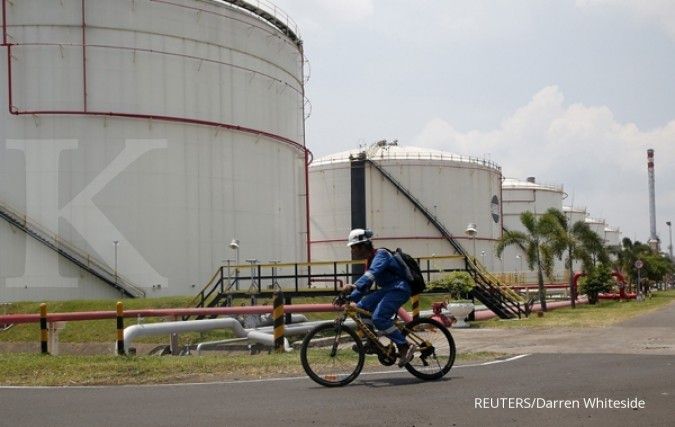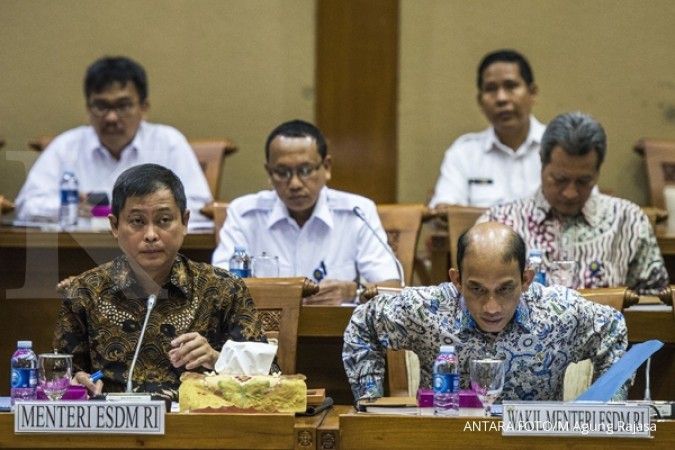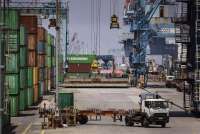PEKANBARU. Minister of Energy and Mineral Resources (ESDM) confirmed that the gross split scheme of production sharing in oil and natural gas will be issued in January 2017. The Minister is optimistic that the gross split will provide a fairer scheme for the government and the contractors of cooperation contracts (KKKS).
The gross split scheme will replace the existing production sharing contract (PSC) with the KKKS. The new scheme stipulates that the portions of the production sharing should be determined during the early period of contract. Under the gross split scheme, the government is not required to cover the cost recovery. As the consequence, the sharing portions for the government will be lower, since all expenses are covered by KKKS.
Minister of ESDM Ignasius Jonan claimed that the gross split scheme is simpler compared with the PSC scheme. The gross split scheme allows the KKKS to find the most efficient financing scheme to fund the explorations. The scheme also allows the KKKS to focus on increasing the oil production, rather than debating the production sharing.
Under the gross split scheme, the government will also provide incentives for KKKS as long as they are willing to fulfill the Domesic Content Value (TKDN). “For an example, the production sharing (for them) will be increased by 1%-2% for the utilization of minimum 10% TKDN of the investment. The incentives for onshore and offshore are different. The incentives for brownfield and greenfield are also different,” he said, Saturday (17/12).
The gross split scheme also allows the government to arrange the detail contract with the contractor (KKKS). For an example, the formulation of plan of development (PoD) will consist of the agreements of amount of reserves, construction period, construction time frame, and the investments. Based on the agreements, the government will have projection on the production sharing scheme, whether 60:40 or 70:30.
However, the KKKS can unilaterally appoint the engineering, procurement, and construction (EPC) contractors. The KKKS are also allowed to choice the technologies and instruments for the production.
More efficient
Jonan hopes that the gross split scheme will encourage the KKKS to perform efficiencies, on the grounds they will be focusing only on production. He estimated that the production sharing under PSC scheme had led the KKKS to be unaware of increasing their productions. PSC set the average production sharing of the level of 10% for the contractors (KKKS).
Head of Special Task Force for Upstream Oil and Gas Business (SKK Migas) Amin Sunaryadi said that the gross split will require that the bloc offering has to be determined during the formulation of PoD. Therefore, the plan for developing a certain bloc will not be debatable, as is happening in the production scheme of Masela (South Maluku) bloc.
Amin could not ensure the schedule for the implementation of the new scheme. He was also unsure in which bloc the scheme will be applied for the first time.
Executive Director of Indonesia Petroleum Association (IPA) Marjolijn Wajong hopes that the gross split scheme will be applied to new contracts, while for the existing contracts or the extended contracts the KKKS can choose whether to apply the PSC scheme or gross split scheme. He claimed that the government is involving IPA to discuss and analyze the gross split system, despite the decision will be taken by the government.
(Muhammad Farid/Translator)
/2014/12/04/363397195p.jpg)











